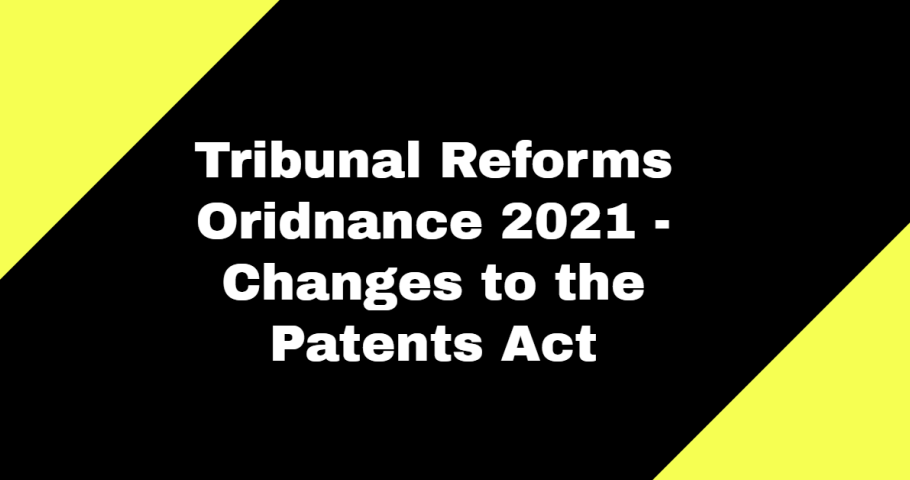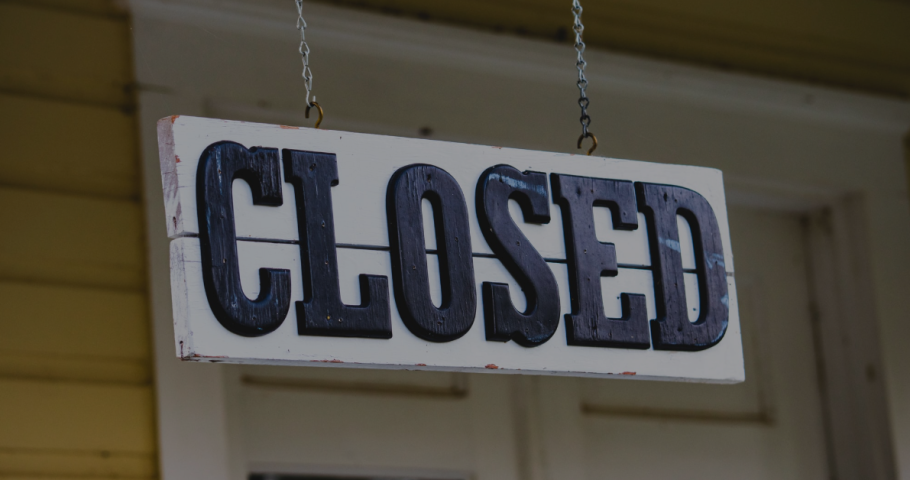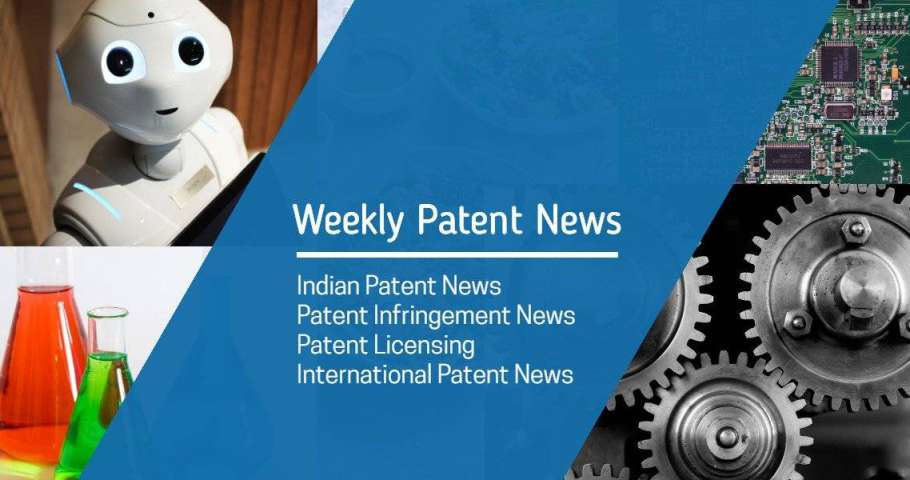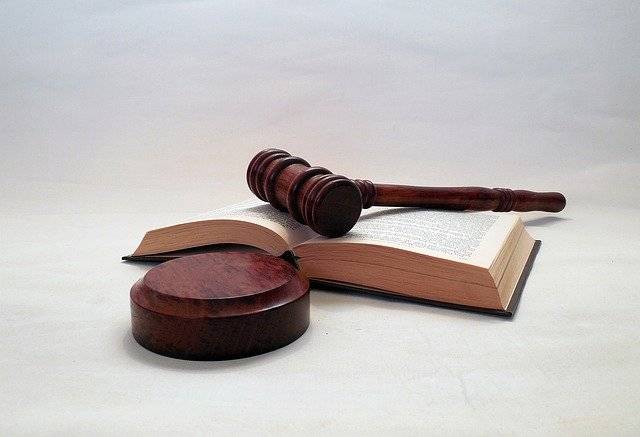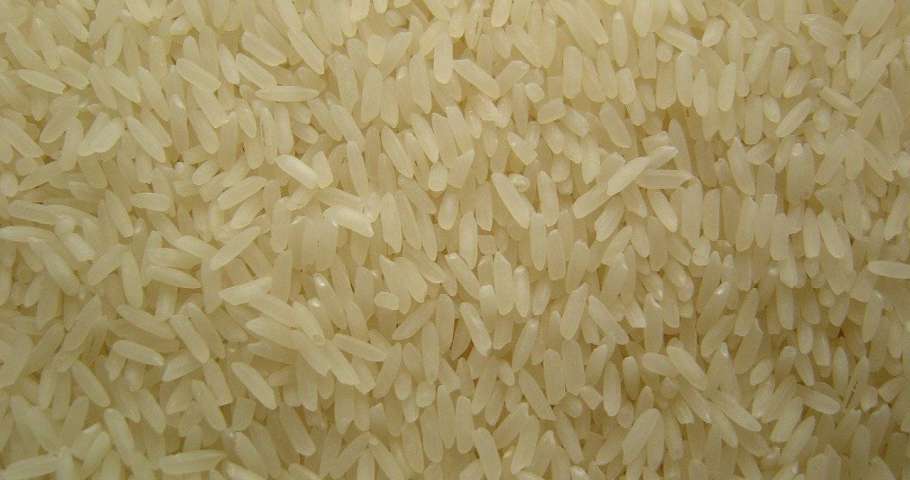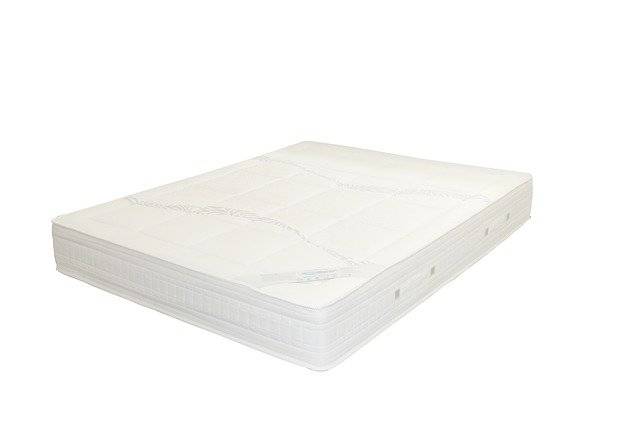The President of India on the 4th of April 2021 promulgated the “THE TRIBUNALS REFORMS (RATIONALISATION AND CONDITIONS OF SERVICE) ORDINANCE, 2021”. With the passing of this ordinance, Tribunals set up under the Cinematograph Act, 1952, the Customs Act, 1962, the Airports Authority of India Act, 1994, the Trade Marks Act, 1999 and the Protection of Plant Varieties and Farmers’ Rights Act, 2001 and certain other Acts have now effectively been rendered defunct with immediate effect.
Provided below…
